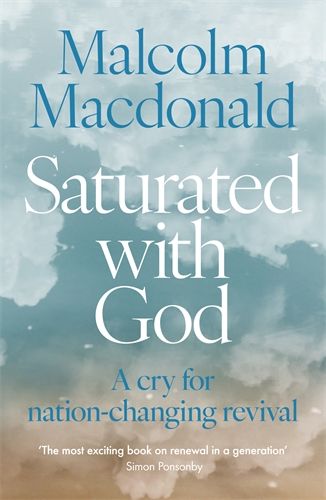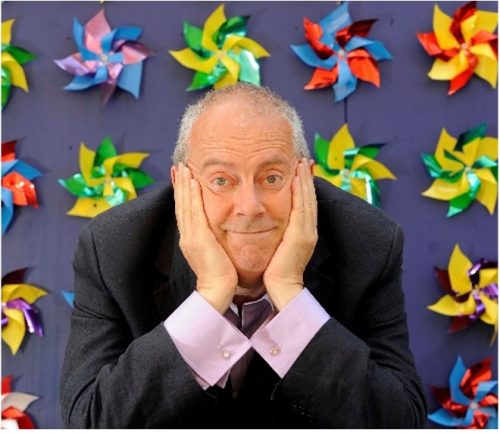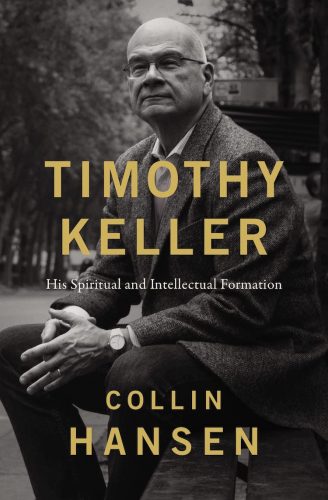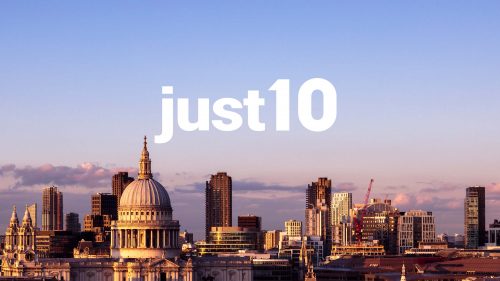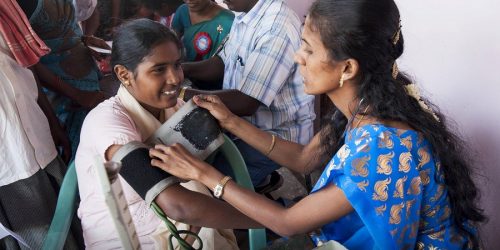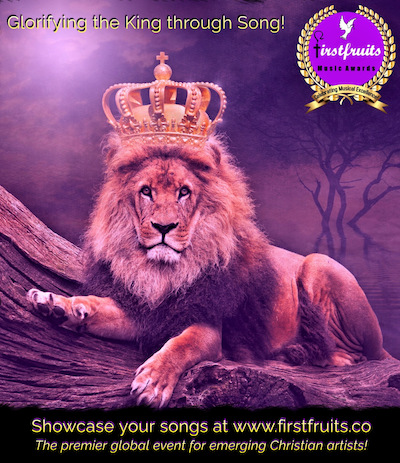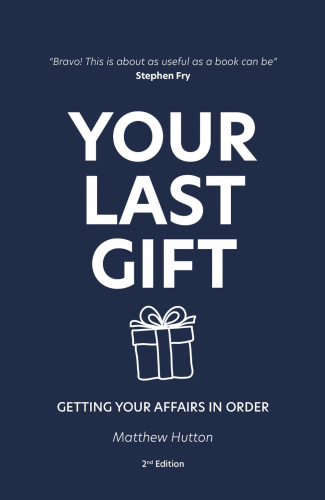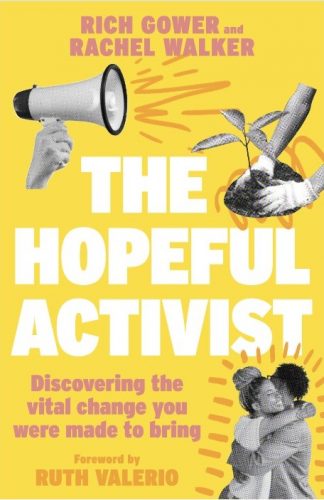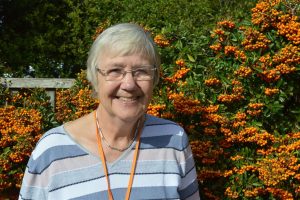 Hazel Morgan says churches have so much to gain when they offer a warm welcome to people with learning disabilities, and learn how to include them.
Hazel Morgan says churches have so much to gain when they offer a warm welcome to people with learning disabilities, and learn how to include them.
‘I love going to church’ I have been made to feel welcome.’ These were the words of people with learning disabilities we consulted in writing a booklet, A Church for Everyone: Listening to disabled people. Others may experience barriers. In the lifetime of our younger son Pete, who had Down’s syndrome and never used words, we had challenges and also great support.
When we moved house when Pete was eight, we struggled to find a church. In my first memoir of his childhood, Through Peter’s Eyes, I describe how one vicar could not cope with his noises, albeit happy ones, during services. We eventually found a home in a village church with a small congregation.
In my second memoir The Joy of Knowing Pete on his teenage years I describe how during services he sat at a table patting his favourite catalogues. As he loved music, we had to steer him away from joining the organist. Our vicar offered support, coming to our house regularly to pray with Pete.
As he was approached 18, Pete was looking puzzled as to why he only had a blessing at communion. There were no appropriate materials to prepare him for his confirmation, which had to be deferred as he had serious strokes. It took place some months later in a Sue Ryder Home where he was receiving nursing care.
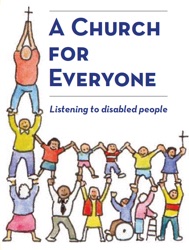
His father and the chaplain made a scrapbook illustrating God the Father, Jesus’ life, confirmation and communion. When the chaplain said, “God is like your dad”, Pete looked across at his father and grinned. His face lit up on the three occasions he received communion before his early death; just the wine touched his lips because of the extent of his disabilities.
From our experience with Pete, we learnt how painful it is to feel excluded, how important it is that churches are welcoming, how they need to find out what individuals and their families need and ways of communicating the gospel for each person.
Subsequently working at The Foundation for People with Learning Disabilities, I was involved with John Swinton in research on meeting the religious needs of people with learning disabilities. One support worker reported taking a young woman in a wheelchair to a church over three months. No one spoke to them. They experienced more friendship in the coffee shop. In contrast, a mother described how a friend was always waiting for her son at the church door and would dance with him in the aisles.
Crossing the church threshold can be daunting. The Book Beyond Words on Going to Church tells in pictures a story of a young man who took himself to church, did not feel welcome and was uncertain what to do. His support worker contacted the minister; from that time the young man had a friend to sit with.
I was involved in setting up Sometimes on Sunday at St Mary’s with St Peter’s, Bury St Edmunds: occasional inclusive events with music, food, creative activities, and worship, inviting people in supported living nearby. In Dorchester, the Baptist Church has inclusive services at Festivals inviting members from People First Dorset, who often lead parts of the service.
I have described initiatives where I have had personal experience. There are of course others. People with learning disabilities have so much to offer. Let’s hope all churches can be communities where everyone feels welcome and everyone belongs.

